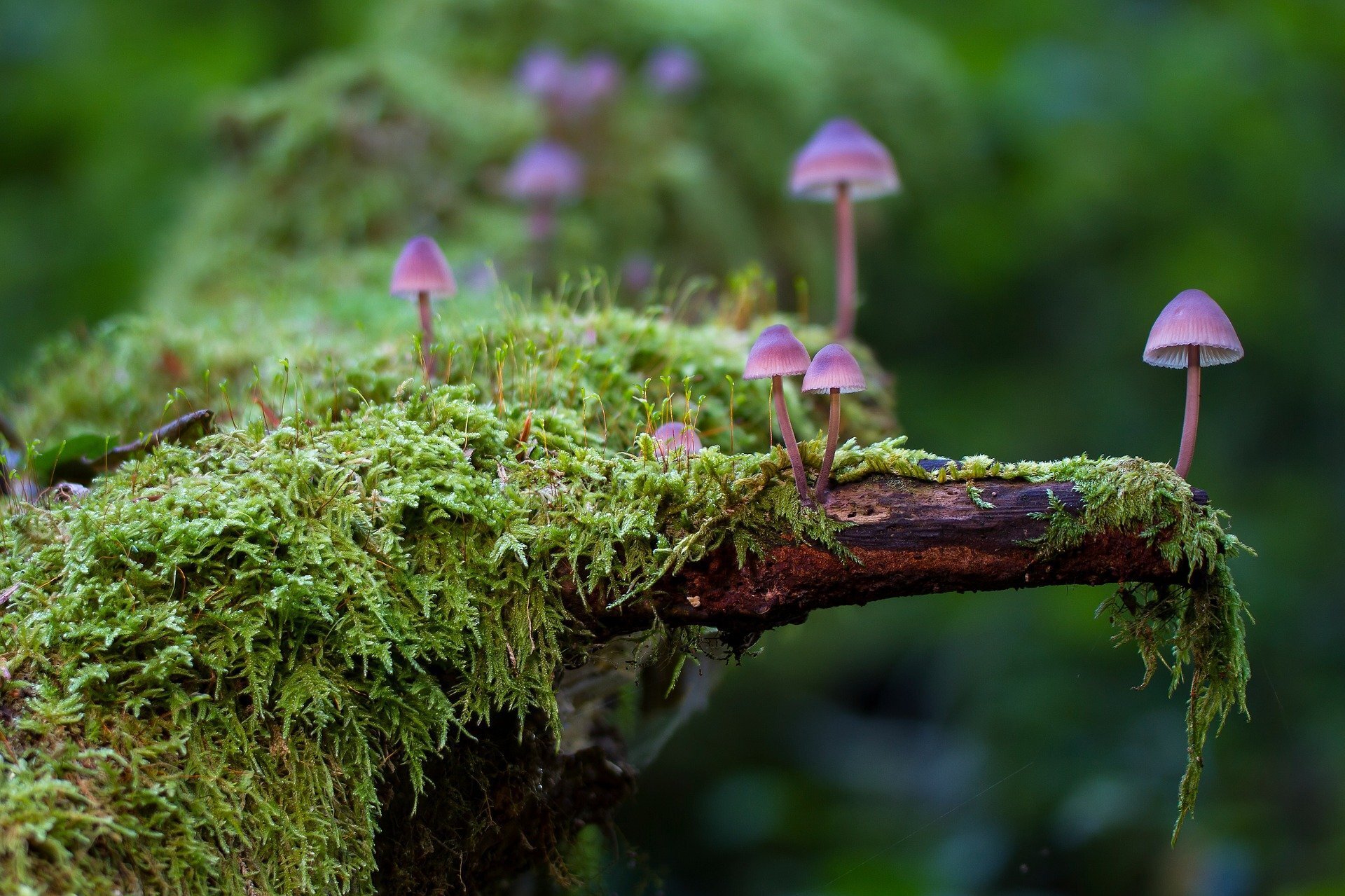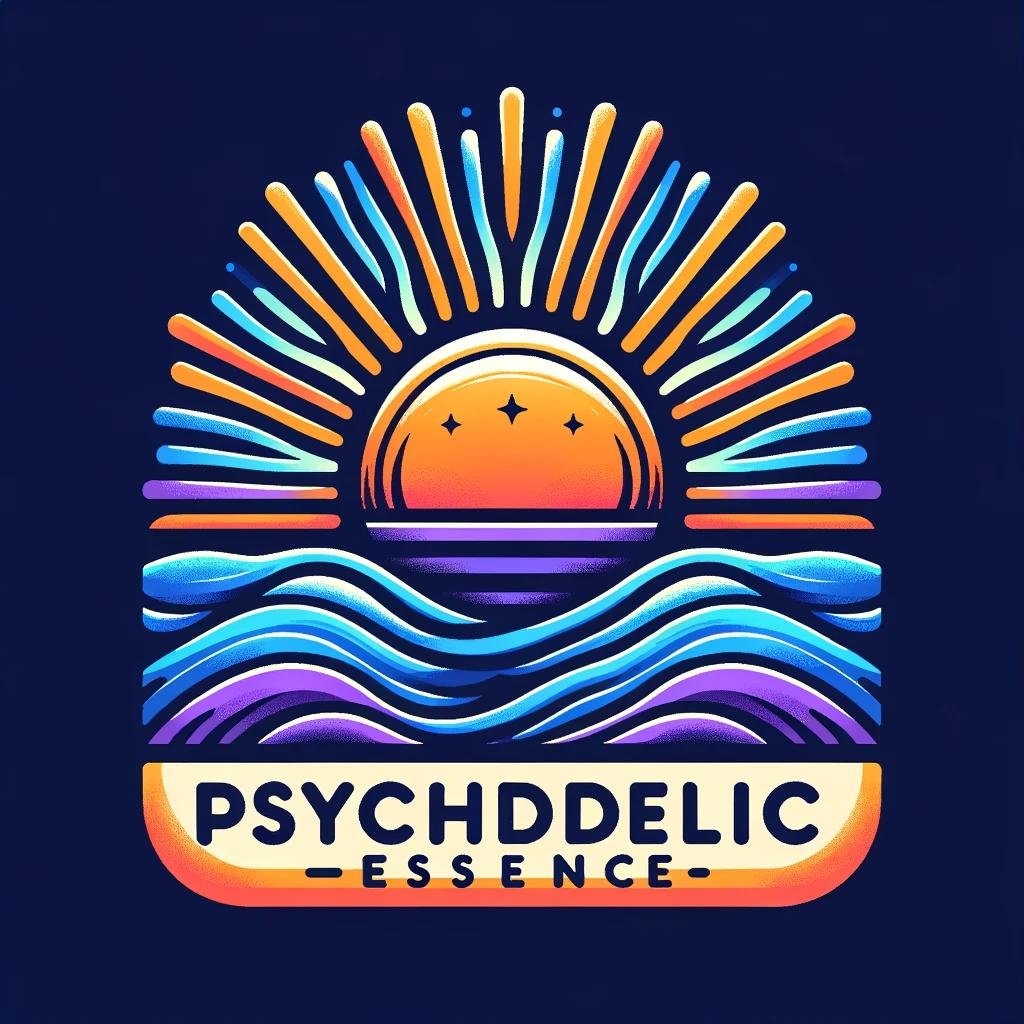 Image 1 of 2
Image 1 of 2

 Image 2 of 2
Image 2 of 2



Psychedelic Guide & Facilitator
A psychedelic guide or facilitator plays a crucial role in supporting individuals who choose to undergo psychedelic experiences, often with substances like psilocybin mushrooms, Iboga, or ayahuasca. These professionals provide a structured and safe environment to help individuals navigate the psychedelic journey. It's important to note that the legality and cultural acceptance of psychedelic use vary widely, and in some cases, these substances are illegal.
Here are the key responsibilities and roles of a psychedelic guide or facilitator:
Preparation:
Work with individuals before the psychedelic experience to prepare them mentally, emotionally, and physically.
Provide education about the substance being used, potential effects, and set and setting considerations for a safe and meaningful experience.
Creating a Safe Environment:
Establish a safe and comfortable physical environment where the psychedelic experience will take place. This often includes considerations for lighting, music, and the overall atmosphere.
Setting Intentions:
Assist individuals in setting intentions or goals for their psychedelic experience. This helps guide the journey and provides a framework for reflection.
Monitoring and Safety:
Monitor the individual throughout the experience to ensure physical and emotional safety.
Be prepared to respond to any unexpected challenges or difficult emotions that may arise during the psychedelic journey.
Guidance and Support:
Offer verbal guidance and support during the experience, helping individuals navigate intense emotions, challenging thoughts, or moments of confusion.
Encourage a trusting and open relationship between the guide and the individual.
Integration Planning:
Discuss integration strategies and goals with individuals before the experience. Integration involves making sense of and incorporating insights from the psychedelic journey into daily life.
Facilitating Expressive Arts or Therapeutic Techniques:
Depending on the approach, a guide may incorporate expressive arts, therapeutic techniques, or rituals to enhance the psychedelic experience and support the individual's journey.
Post-Experience Integration:
Support individuals in the integration phase, helping them process and make sense of their experiences.
Provide resources for continued support, such as referrals to therapists, integration circles, or other community resources.
Ethical and Legal Considerations:
Adhere to ethical guidelines and legal considerations related to psychedelic facilitation, especially in regions where the use of psychedelics is restricted or prohibited.
Ongoing Professional Development:
Stay informed about developments in psychedelic research, therapeutic approaches, and safety protocols.
Engage in ongoing training and education to enhance facilitation skills.
It's crucial to note that while some individuals may choose to work with psychedelic guides in ceremonial or therapeutic settings, the use of psychedelics should be approached with caution and responsibility due to legal, health, and safety considerations. Individuals seeking psychedelic experiences should carefully research and choose experienced and reputable facilitators if they decide to pursue this path.
***This is always a custom bespoke sacred plant medicine ceremony so the $150 consultation fee will be in addition to the ceremony itself which varies by the individual client and their needs and accommodations among other factors such as location, etc.***
A psychedelic guide or facilitator plays a crucial role in supporting individuals who choose to undergo psychedelic experiences, often with substances like psilocybin mushrooms, Iboga, or ayahuasca. These professionals provide a structured and safe environment to help individuals navigate the psychedelic journey. It's important to note that the legality and cultural acceptance of psychedelic use vary widely, and in some cases, these substances are illegal.
Here are the key responsibilities and roles of a psychedelic guide or facilitator:
Preparation:
Work with individuals before the psychedelic experience to prepare them mentally, emotionally, and physically.
Provide education about the substance being used, potential effects, and set and setting considerations for a safe and meaningful experience.
Creating a Safe Environment:
Establish a safe and comfortable physical environment where the psychedelic experience will take place. This often includes considerations for lighting, music, and the overall atmosphere.
Setting Intentions:
Assist individuals in setting intentions or goals for their psychedelic experience. This helps guide the journey and provides a framework for reflection.
Monitoring and Safety:
Monitor the individual throughout the experience to ensure physical and emotional safety.
Be prepared to respond to any unexpected challenges or difficult emotions that may arise during the psychedelic journey.
Guidance and Support:
Offer verbal guidance and support during the experience, helping individuals navigate intense emotions, challenging thoughts, or moments of confusion.
Encourage a trusting and open relationship between the guide and the individual.
Integration Planning:
Discuss integration strategies and goals with individuals before the experience. Integration involves making sense of and incorporating insights from the psychedelic journey into daily life.
Facilitating Expressive Arts or Therapeutic Techniques:
Depending on the approach, a guide may incorporate expressive arts, therapeutic techniques, or rituals to enhance the psychedelic experience and support the individual's journey.
Post-Experience Integration:
Support individuals in the integration phase, helping them process and make sense of their experiences.
Provide resources for continued support, such as referrals to therapists, integration circles, or other community resources.
Ethical and Legal Considerations:
Adhere to ethical guidelines and legal considerations related to psychedelic facilitation, especially in regions where the use of psychedelics is restricted or prohibited.
Ongoing Professional Development:
Stay informed about developments in psychedelic research, therapeutic approaches, and safety protocols.
Engage in ongoing training and education to enhance facilitation skills.
It's crucial to note that while some individuals may choose to work with psychedelic guides in ceremonial or therapeutic settings, the use of psychedelics should be approached with caution and responsibility due to legal, health, and safety considerations. Individuals seeking psychedelic experiences should carefully research and choose experienced and reputable facilitators if they decide to pursue this path.
***This is always a custom bespoke sacred plant medicine ceremony so the $150 consultation fee will be in addition to the ceremony itself which varies by the individual client and their needs and accommodations among other factors such as location, etc.***
A psychedelic guide or facilitator plays a crucial role in supporting individuals who choose to undergo psychedelic experiences, often with substances like psilocybin mushrooms, Iboga, or ayahuasca. These professionals provide a structured and safe environment to help individuals navigate the psychedelic journey. It's important to note that the legality and cultural acceptance of psychedelic use vary widely, and in some cases, these substances are illegal.
Here are the key responsibilities and roles of a psychedelic guide or facilitator:
Preparation:
Work with individuals before the psychedelic experience to prepare them mentally, emotionally, and physically.
Provide education about the substance being used, potential effects, and set and setting considerations for a safe and meaningful experience.
Creating a Safe Environment:
Establish a safe and comfortable physical environment where the psychedelic experience will take place. This often includes considerations for lighting, music, and the overall atmosphere.
Setting Intentions:
Assist individuals in setting intentions or goals for their psychedelic experience. This helps guide the journey and provides a framework for reflection.
Monitoring and Safety:
Monitor the individual throughout the experience to ensure physical and emotional safety.
Be prepared to respond to any unexpected challenges or difficult emotions that may arise during the psychedelic journey.
Guidance and Support:
Offer verbal guidance and support during the experience, helping individuals navigate intense emotions, challenging thoughts, or moments of confusion.
Encourage a trusting and open relationship between the guide and the individual.
Integration Planning:
Discuss integration strategies and goals with individuals before the experience. Integration involves making sense of and incorporating insights from the psychedelic journey into daily life.
Facilitating Expressive Arts or Therapeutic Techniques:
Depending on the approach, a guide may incorporate expressive arts, therapeutic techniques, or rituals to enhance the psychedelic experience and support the individual's journey.
Post-Experience Integration:
Support individuals in the integration phase, helping them process and make sense of their experiences.
Provide resources for continued support, such as referrals to therapists, integration circles, or other community resources.
Ethical and Legal Considerations:
Adhere to ethical guidelines and legal considerations related to psychedelic facilitation, especially in regions where the use of psychedelics is restricted or prohibited.
Ongoing Professional Development:
Stay informed about developments in psychedelic research, therapeutic approaches, and safety protocols.
Engage in ongoing training and education to enhance facilitation skills.
It's crucial to note that while some individuals may choose to work with psychedelic guides in ceremonial or therapeutic settings, the use of psychedelics should be approached with caution and responsibility due to legal, health, and safety considerations. Individuals seeking psychedelic experiences should carefully research and choose experienced and reputable facilitators if they decide to pursue this path.
***This is always a custom bespoke sacred plant medicine ceremony so the $150 consultation fee will be in addition to the ceremony itself which varies by the individual client and their needs and accommodations among other factors such as location, etc.***

